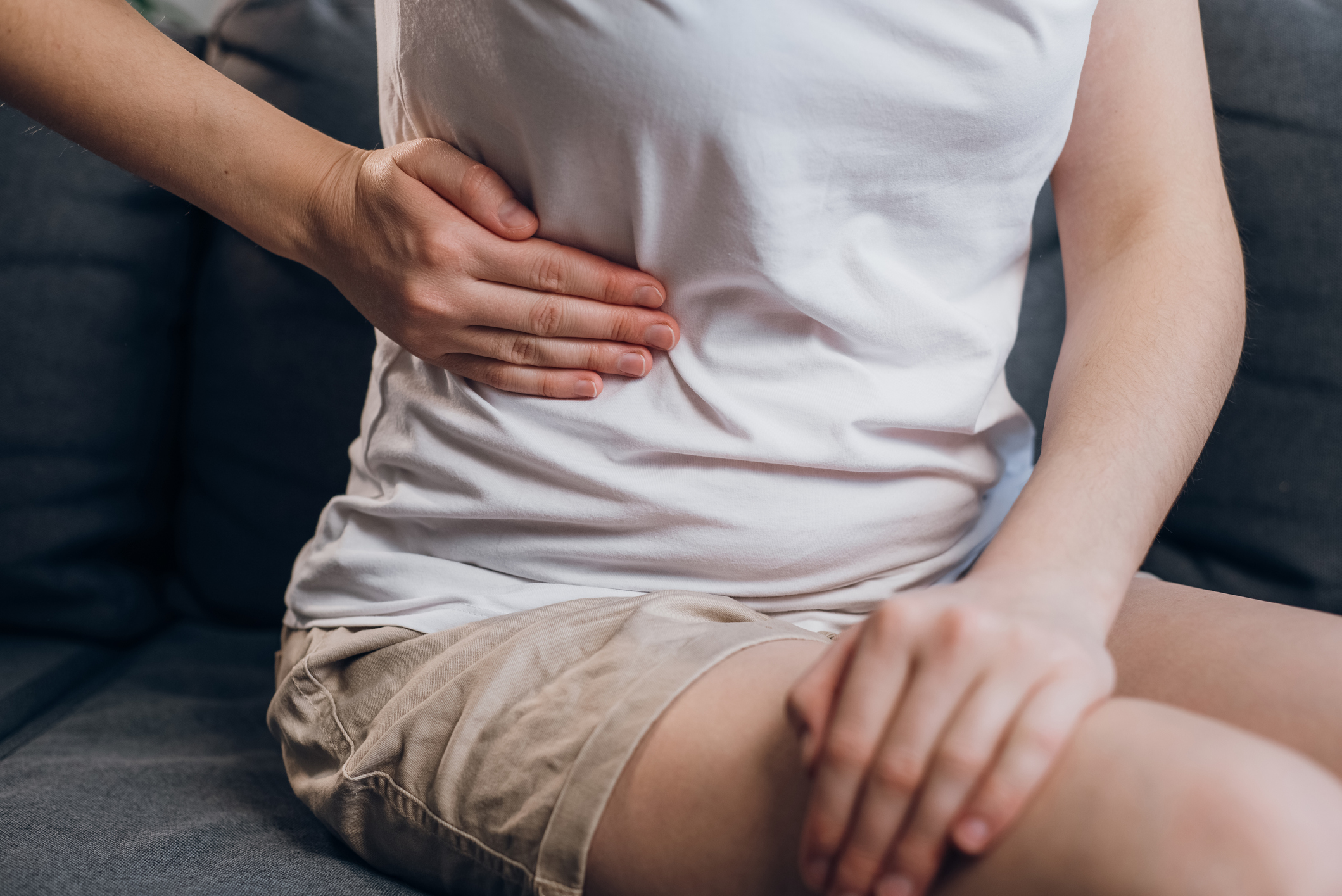Sudden Sharp Hip Pain in Women: Causes, Treatments, and Relief Strategies
Sharp hip pain that comes and goes can be a disruptive and worrying experience for women. This pain can range from a brief twinge to an intense jolt, significantly impacting daily activities. While the cause can vary, understanding the potential culprits can empower you to seek proper diagnosis and find relief.
Common Causes of Sudden Sharp Hip Pain in Women
Several factors can contribute to sharp, intermittent hip pain in women. Here’s a breakdown of some common causes:
1. Muscle Strain or Sprain: Overuse or sudden awkward movements can strain or sprain the muscles surrounding the hip joint. This often results in localized sharp pain, especially when engaging in specific activities.
2. Tendinitis: Inflammation of the tendons around the hip joint, particularly the ones connecting the hip muscles to the bone, can cause sharp pain, especially with movement.
3. Bursitis: Bursae are fluid-filled sacs cushioning the hip joint. When these bursae become inflamed (bursitis), it can lead to sharp pain, particularly when putting pressure on the affected area.
4. Femoroacetabular Impingement (FAI): This condition arises when the bones of the hip joint abnormally rub against each other, causing sharp pain in the groin or outer hip. Activities like squatting or bending can worsen the pain.
5. Hip Labral Tear: The labrum is a ring of cartilage lining the hip socket. A tear in this cartilage can cause sharp pain, catching sensations, and clicking sounds in the hip joint.
6. Osteoarthritis: This degenerative joint disease can cause intermittent sharp pain, stiffness, and a grinding sensation in the hip, especially in the morning or after prolonged sitting.
7. Pelvic Floor Dysfunction: The pelvic floor muscles support the bladder, uterus, and bowels. Tightness or dysfunction in these muscles can radiate sharp pain to the hip area.
8. Endometriosis: In some cases, women with endometriosis (uterine tissue growing outside the uterus) may experience sharp pelvic pain that radiates to the hip.
9. Pregnancy-Related Pain: Round ligament pain, a sharp, stabbing pain in the groin or lower abdomen, is common during pregnancy as the ligaments supporting the uterus stretch and expand.
10. Bone Conditions: Less frequently, sharp hip pain can be a symptom of a stress fracture or a more serious bone condition like a tumor.
Factors Influencing Hip Pain in Women
Certain factors can make women more susceptible to experiencing sharp hip pain:
- Age: As women age, their risk of developing osteoarthritis increases.
- Activity Level: Repetitive strenuous activities or sudden increases in physical activity can strain the hip joint.
- Weight: Carrying excess weight puts extra stress on the hip joints.
- Previous Injuries: Prior hip injuries or surgeries can increase the risk of future problems.
- Bone Density: Women are more prone to osteoporosis, which weakens bones and increases fracture risk.
When to See a Doctor
While some cases of sharp hip pain might resolve on their own, it’s crucial to seek medical attention in certain situations:
- The pain is severe or persists for more than a few days.
- You experience swelling, redness, or bruising around the hip.
- The pain makes it difficult to walk or bear weight on the affected hip.
- You have a fever along with the hip pain.
- You have a history of hip injuries or surgeries.
- You experience sudden, intense pain after a fall or accident.
Diagnosis of Hip Pain
A doctor will typically begin by asking about your medical history, symptoms, and daily activities. This is followed by a physical examination to assess your hip joint’s range of motion, tenderness, and stability. Depending on the suspected cause, additional tests like X-rays, MRIs, or ultrasounds might be recommended.
Treatment Options for Hip Pain
The treatment plan for sharp hip pain will depend on the underlying cause. Here are some common approaches:
- Rest and Activity Modification: Reducing activities that aggravate the pain allows the hip joint to heal and minimizes inflammation.
- Pain Relief Medication: Over-the-counter pain relievers like ibuprofen or acetaminophen can help manage pain and inflammation.
- Physical Therapy: Physical therapy exercises can strengthen the muscles around the hip joint, improve flexibility, and restore proper movement patterns.
- Corticosteroid Injections: In some cases, injecting corticosteroids directly into the inflamed area can provide targeted pain relief.
- Surgery: If conservative treatments fail to provide relief, minimally invasive or surgical procedures might be necessary for conditions like labral tears or severe arthritis.

